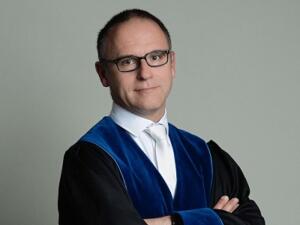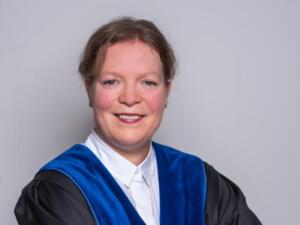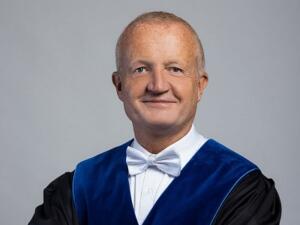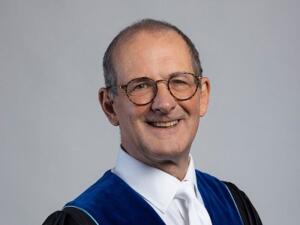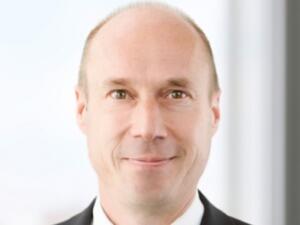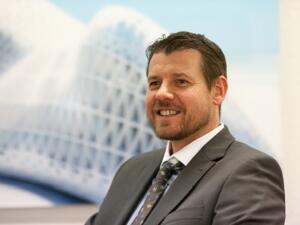UPC rules on product-by-process claims in Knaus Tabbert campervan dispute
Anyone selling a product whose technical features are protected by a patent infringes that patent, even if the development processes differ. The UPC's Düsseldorf local division reached this conclusion in a dispute between Yellow Sphere and Knaus Tabbert over innovative frames for campervans.
16 April 2025 by Konstanze Richter
The proceedings between Yellow Sphere and Knaus Tabbert related to EP 3 356 109 B1. They centred on the interpretation of product-by-process claims. EP 109 covers a new type of frame for campervans that is particularly light yet strong. Erwin Härtwich and Alexander Christ are listed as inventors in the EPO register. The former was plaintiff alongside Yellow Sphere. Yellow Sphere is a Cologne-based company that specialises in the development, registration and marketing of intellectual property rights. It was founded to exploit Alexander Christ’s intellectual property rights.
Development agreement
Härtwich also owns Freitec, a company that develops plastics. He and Christ had entered into a development agreement with caravan manufacturer Knaus Tabbert before filing EP 109, and had been working with the company under that agreement. The cooperation involved developing a lightweight caravan using the ‘frame concept’, which is now the subject of the patent-in-suit. Härtwich and Christ terminated the development contract at the end of 2023.
Yellow Sphere and Härtwich accuse Knaus Tabbert of infringing EP 109 with their ‘Fibre Frame Technology’, which the company uses in its Deseo and Azur caravan series. They filed a suit with the UPC seeking an injunction against distribution in Germany, France, Italy, and Slovenia, in addition to recall, information and damages.
The defendant responded to the patent holders’ infringement claim with a counterclaim for revocation.
Court finds for Yellow Sphere
The Düsseldorf local division rejected the revocation claim and ruled that Knaus Tabbert infringed EP 109 (case ID: UPC_CFI_50/2024). The panel, led by presiding judge Ronny Thomas and including legal judges Bérénice Thom and Edger Brinkman, as well as technically qualified judge Graham Ashley, also commented on the interpretation of product-by-process claims.
- Ronny Thomas
- Bérénice Thom
- Edger Brinkman
- Graham Ashley
Knaus Tabbert had argued that it had not used the same process as described in the patent claim when developing its frames. However, the UPC judges concluded that it is not the manufacturing process that determines infringement, but the technical properties and material of the product.
JUVE Patent does not know whether Knaus Tabbert will appeal against the Düsseldorf local division’s decision.
IP boutiques upfront
- Dirk Jestaedt
- Rüdiger Bals
- Rüdiger Pansch
A team from Düsseldorf law firm Krieger Mes and patent attorneys from Bals & Vogel represented the patent owners and inventors. While Krieger Mes partner Dirk Jestaedt presented the legal arguments, patent attorneys Rüdiger Bals and Kai Klein from Bals & Vogel provided technical support. The patent attorney firm also filed the patent. It regularly works with Krieger Mes in infringement proceedings.
Knaus Tabbert relied on Düsseldorf IP boutique Rospatt. Associate Lea Kollinger assisted litigators Rüdiger Pansch and Simon Klopschinski. The team worked alongside patent attorneys Oliver Schneider and Thomas Grünberg, as well as lawyer Eugen Tuchscherer of mixed IP firm Advotec.
